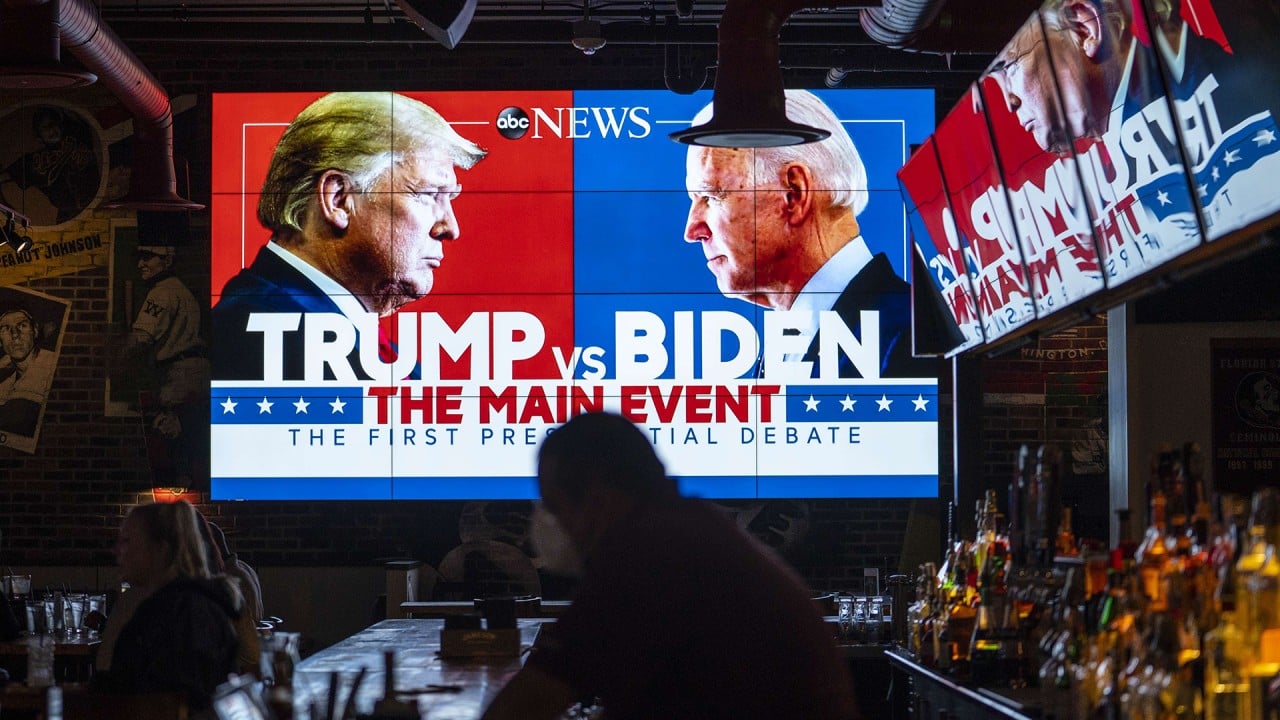Advertisement
Letters | What US election for president tells Hong Kong about universal suffrage
- Universal suffrage is not a silver bullet for Hong Kong. In at least two elections, the popularly elected candidate did not go on to become US president. Moreover, swing states have outsize influence, regardless of population or contribution to the economy
Reading Time:2 minutes
Why you can trust SCMP

I am both a Hongkonger and a Californian. I have voted in every election in the United States since 2000. After a few contentious presidential elections, namely Al Gore versus George W Bush and Hillary Clinton versus Donald Trump, I have come to painfully accept that my vote, and many millions of other votes, have zero impact on who becomes the next US president. I want to share this with my beloved Hongkongers who believe that universal suffrage can address the deep-rooted challenges facing the millions in Hong Kong.
Advertisement
The presidential election system in the United States has several flaws.
First, the candidate elected by the majority could lose. The majority did not win the Gore versus Bush election. The majority did not win the Clinton versus Trump election, in which Clinton secured almost 3 millions more votes than Trump.
Second, in the electoral college winner-takes-all system, there is no difference between whether a Republican wins by a large margin or by just one vote in most states. The swing states, which waver between the Republican or Democratic Party, have outsize influence. These swing states are not well known to many Hongkongers.

04:54
The US Electoral College: how does it work and why does it exist?
The US Electoral College: how does it work and why does it exist?
In the 2016 election, swing states represented less than a third of the US population and GDP. Yet, the presidential candidates spend a great deal of time and resources visiting these states to influence voters. If California were a sovereign nation, it would rank as the world’s fifth largest economy. Yet, in the US presidential election, California, given the state’s strong Democrat base, seems to have little impact.

Advertisement